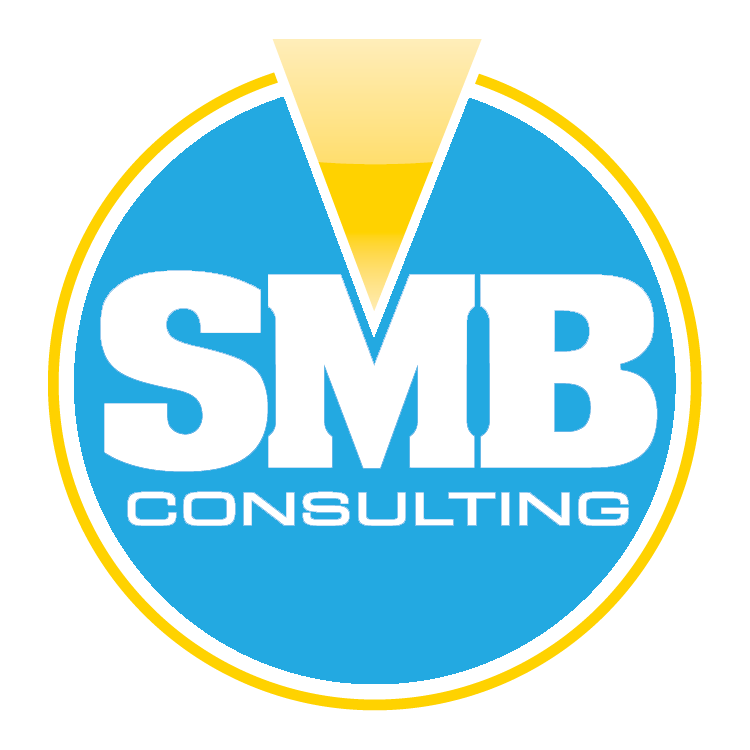Over the past 24 hours I’ve been reminded (again) how powerful Social Media has become in our daily life. For instance, Gary Vaynerchuk has a daily video blog, and he was asking everyone to make today (April 3, 2008) “Good People Day.” I have never met Gary in person, but I feel as if I know him through his videos and his blog posts. Gary is Gary–that’s what’s great about him. I don’t think he’d be any different in person than he is in his videos and blog posts–therefore I consider Gary a friend even though we’ve never had face to face encounters. I really like the guy, but I’m sure there are those that may not “get him.” He’s not hiding from that though–he’s embracing it so I’m trying to do my part to help out a friend. On my Facebook page, I’ve added three new friends and sent out a lot of “good karma” to several of my friends on there as a result of Gary’s initiative.
All of this got me to thinking, “how does a movement take form so quickly?” Imagine something like this 15 years ago–it would have taken a metric ton of press coverage to spread as quickly as it has, but it’s reached little old Louisville, KY just as quickly as Gary posted his daily video blog entry last evening. I noticed Todd Earwood Twittering about “Good People Day” just a moment ago and realized something like this can spread like wildfire in little to no time in just a day, and the power of that shouldn’t be underestimated. So how would someone new to the social media landscape tap into something like this?
- Social media is not a whole lot different from developing relationships offline. It takes time to develop relationships, and it takes even longer to develop deep relationships so don’t expect to go online and generate a massive following in a couple of weeks that will promote your “cause.”
- Be genuine. The social media world can sense a fake so always be yourself. That’s the person you’re best at playing anyway so don’t try to deviate from that in an effort to compromise others’ trust.
- Participate without being a stalker or attention hog. Observe for a bit then chime in (in kind) when something interests you, but don’t hog the conversation or spotlight. It’s not all about you with social media.
- Remember: it’s inclusion vs. exclusion. “Old media” was all about keeping people out and controlling the message at all times. New media is all about networks of people with varying interests connecting with one another and socializing in a way that fits them. They’re free to spread whatever message they want via whatever medium they feel most comfortable.
So why do you think “old media” feels so threatened by new media? They can’t control the message anymore, and all of the rules of reporting JUST the facts have vanished. People’s opinions actually matter now. Water cooler conversation is just as important as an article you see in the newspaper if not more so today.
In the “old days,” a person was rarely called out by name in print unless they had consented or they had done something wrong to which they gave up the right to consent. In today’s social media world, it’s not uncommon to see someone blog about someone in a positive manner and name them by name while linking back to them to help include more people in the mix and help them get to know more of the writer’s circle of friends. That’s the “social” in social media.
So the takeaway I got out of all of this is you’re either embracing social media as a legitimate outlet or you’re battling it. I’m obviously embracing it, but what do you think of it? Are you comfortable that someone can find you online very easily and/or connect with you with little effort while having a potentially powerful network of connections they can influence to boot? What do you think of social media and its impact? Please share your thoughts on this as I’m curious about the social climate as it pertains to business today.
